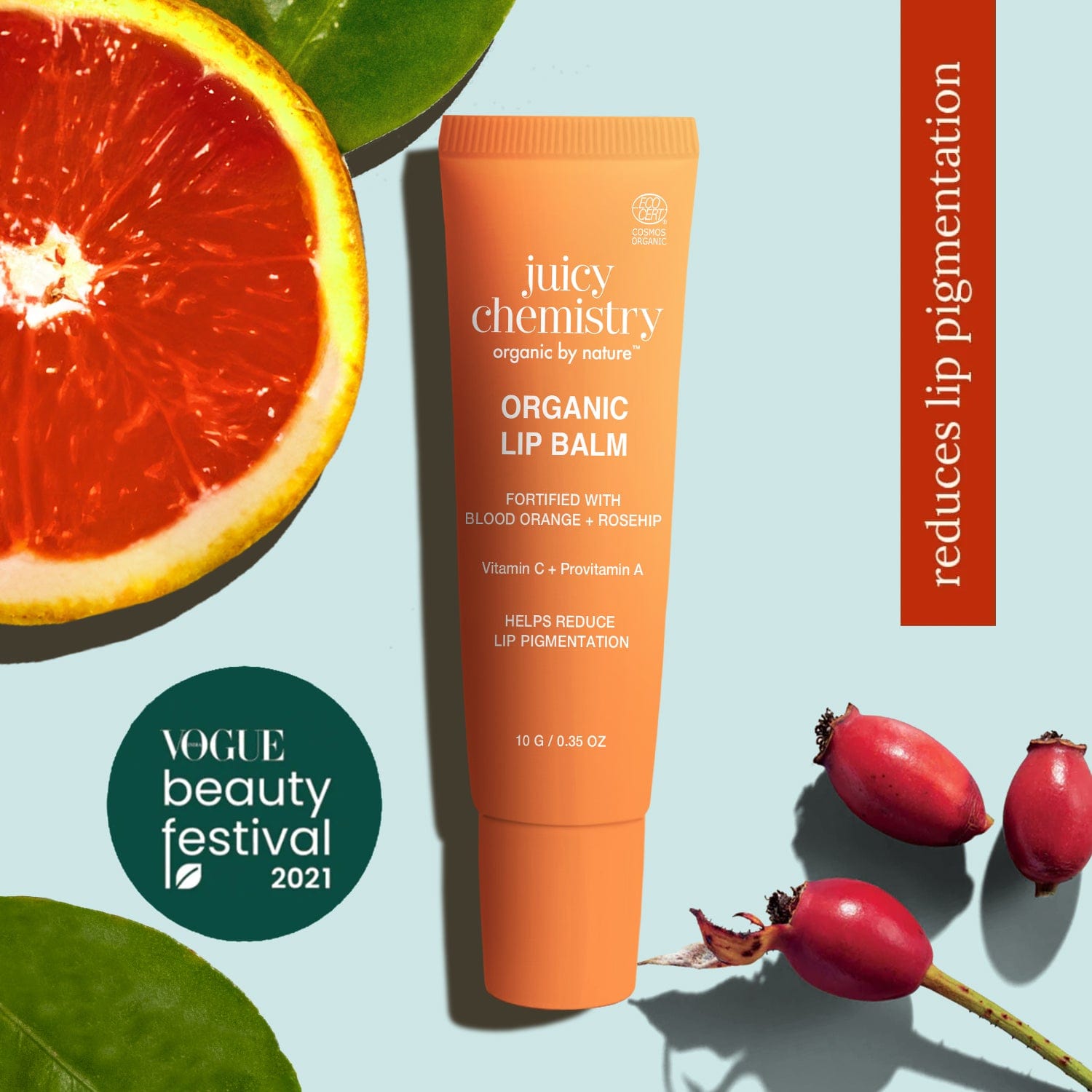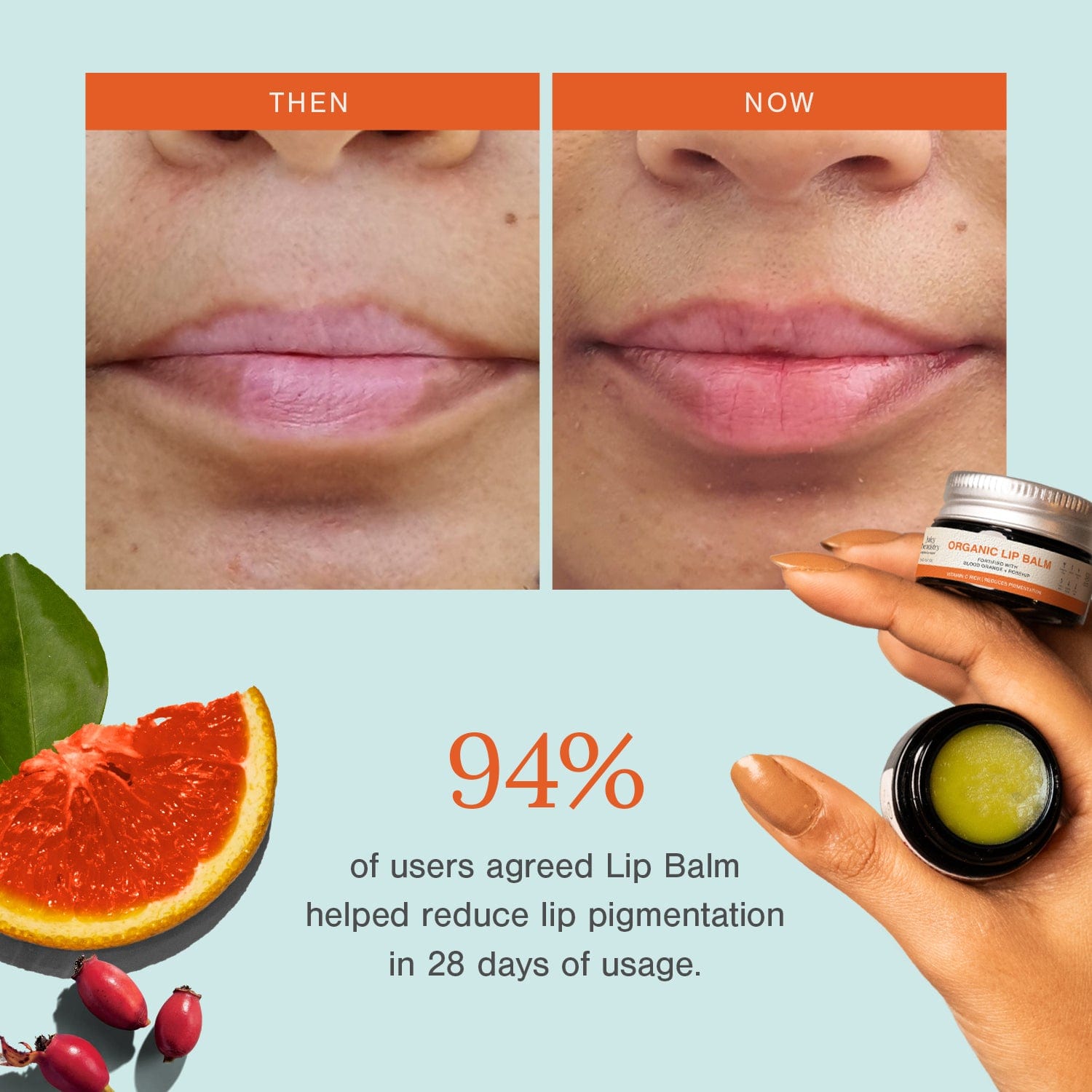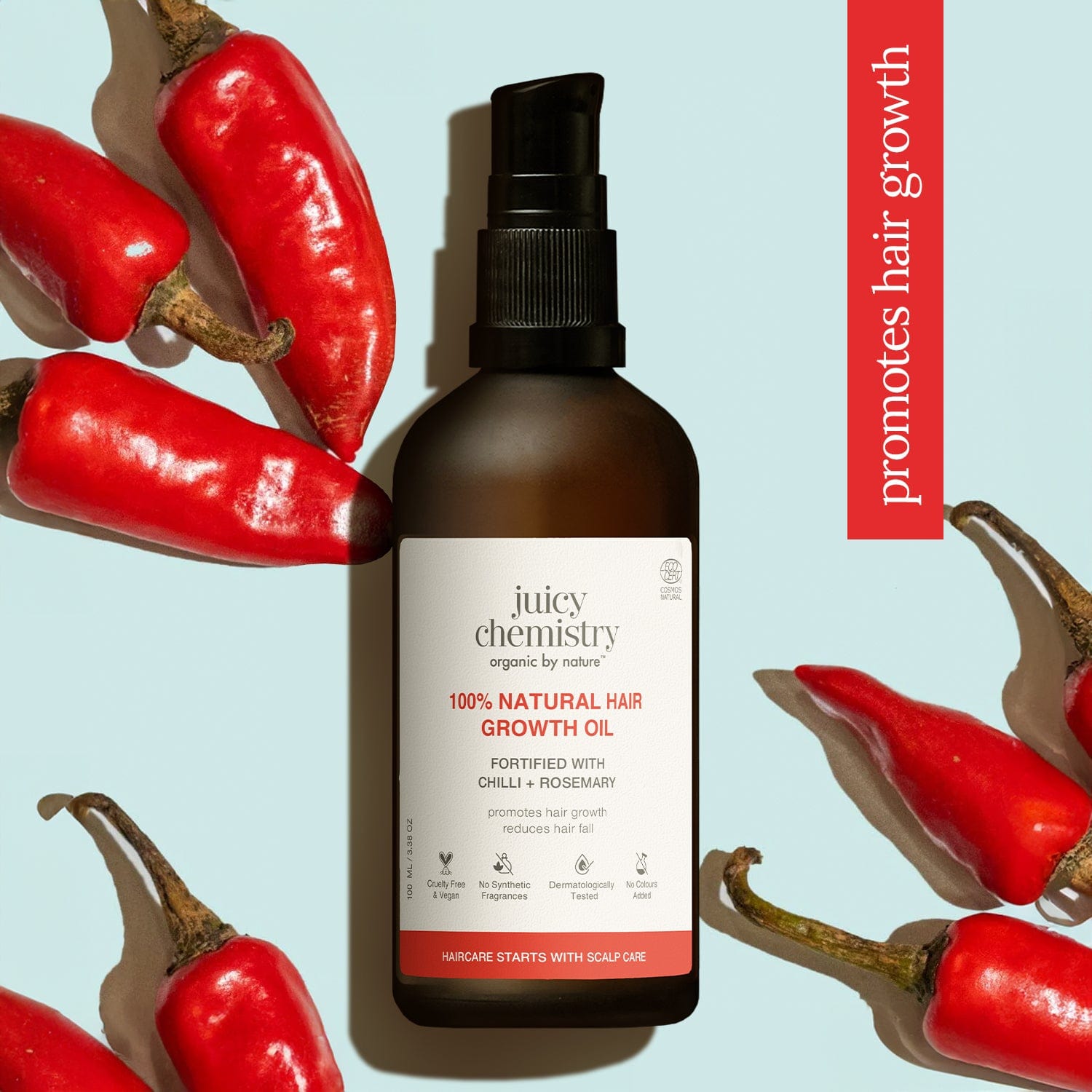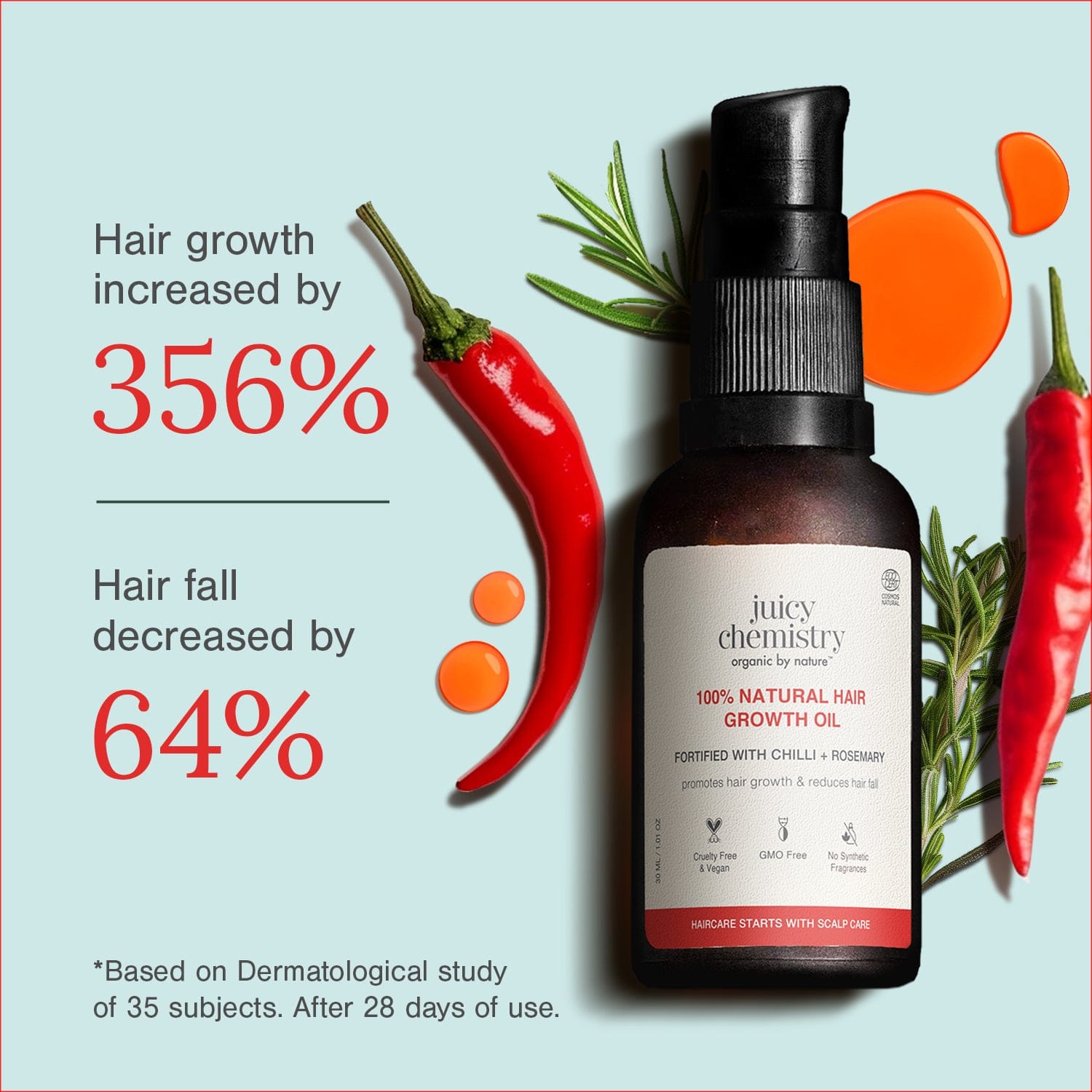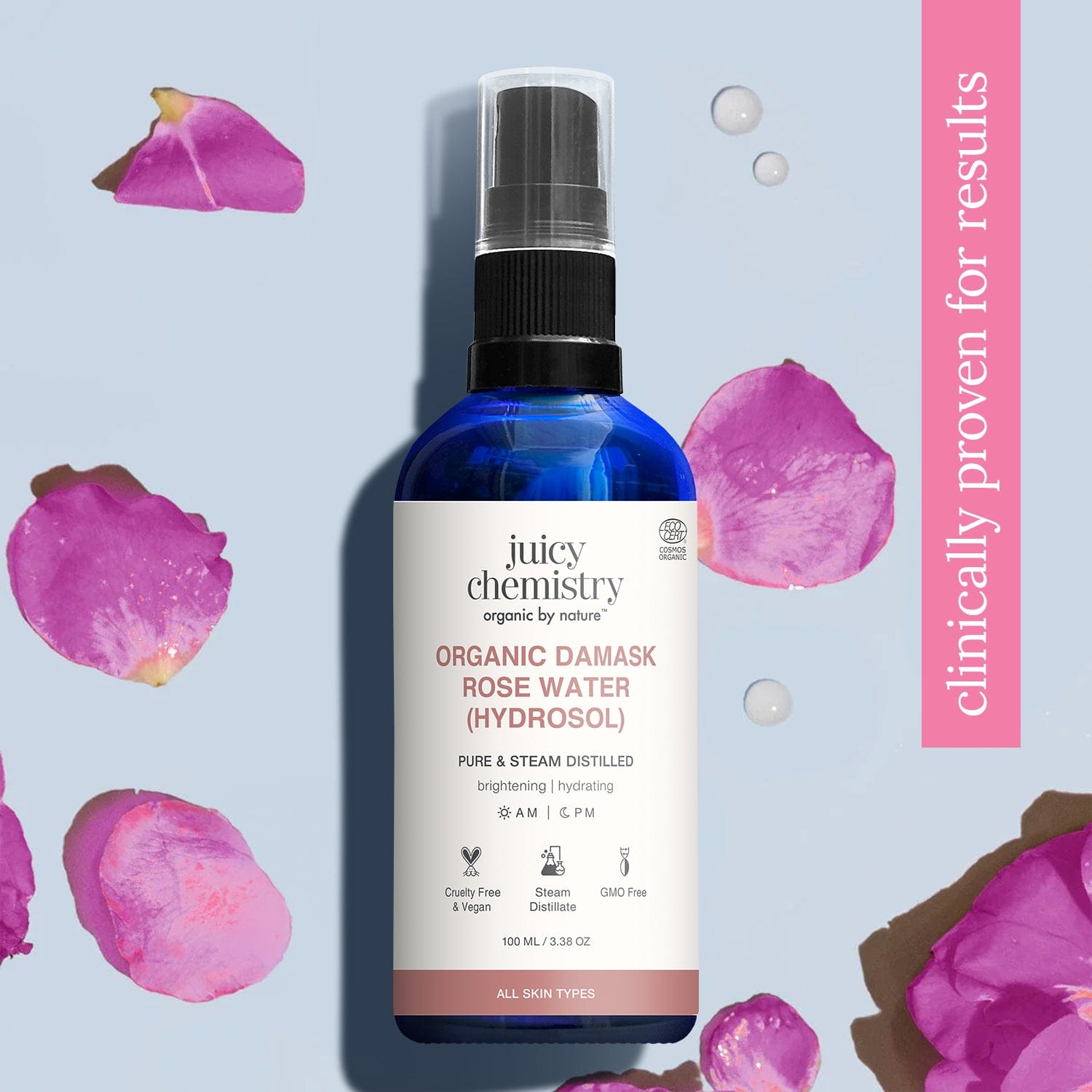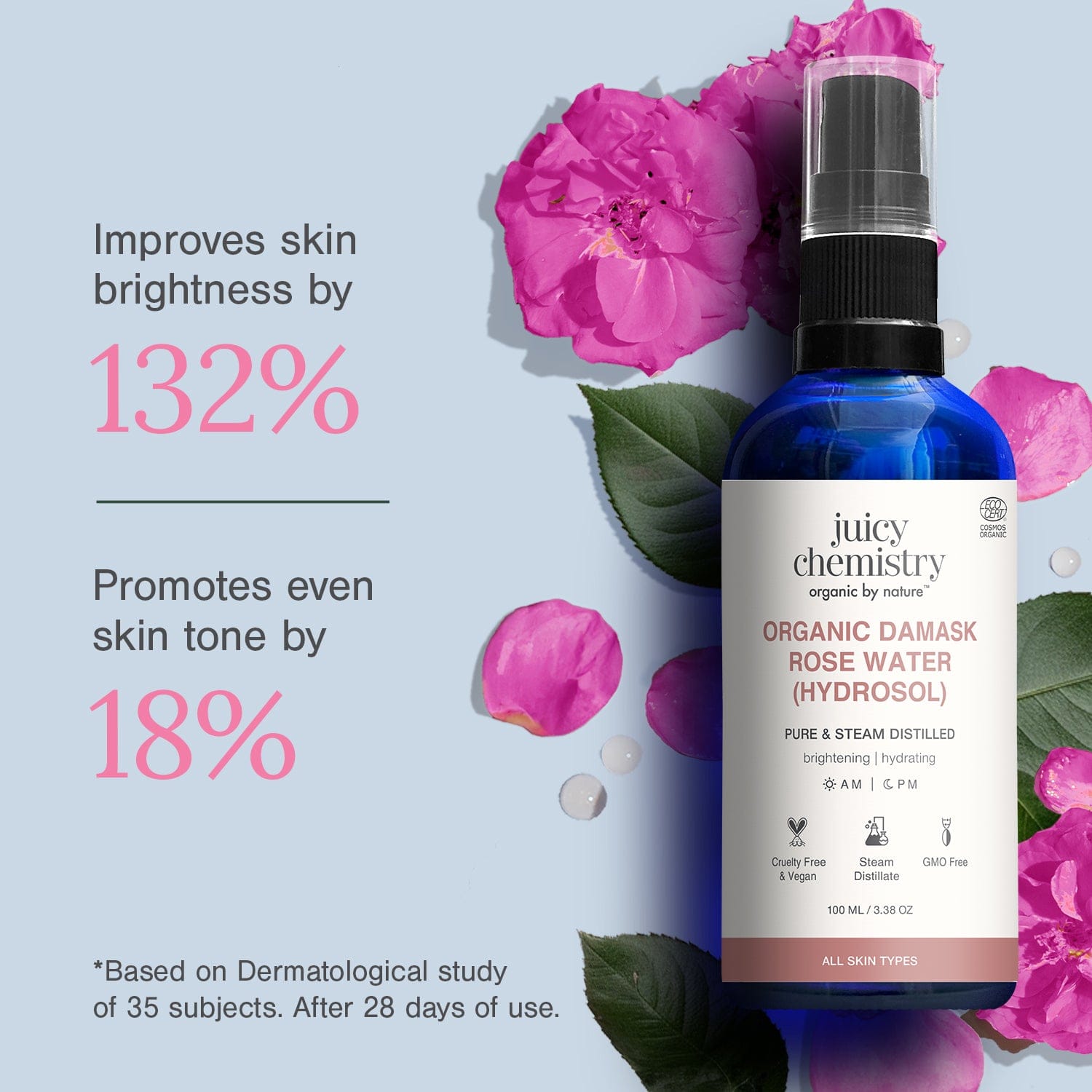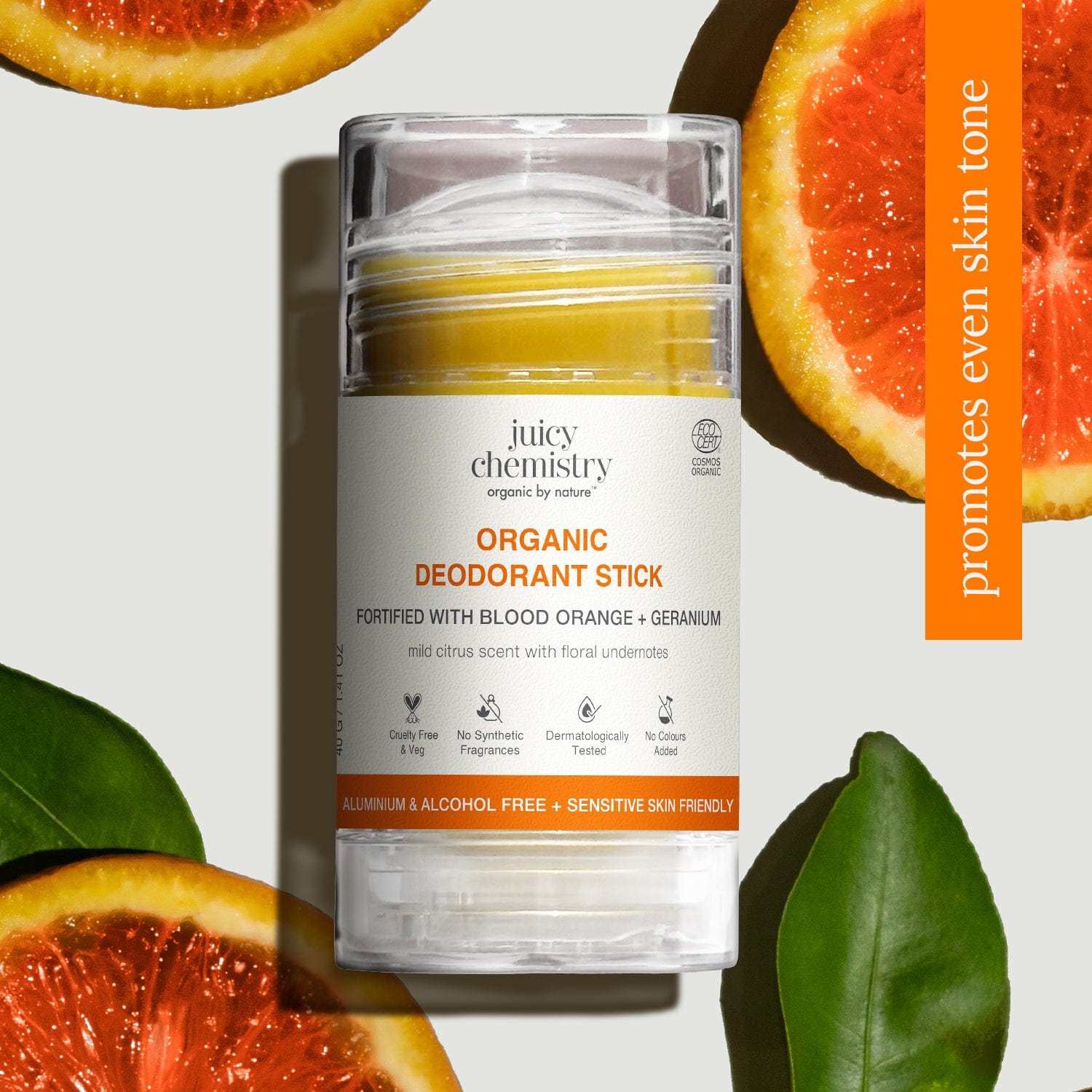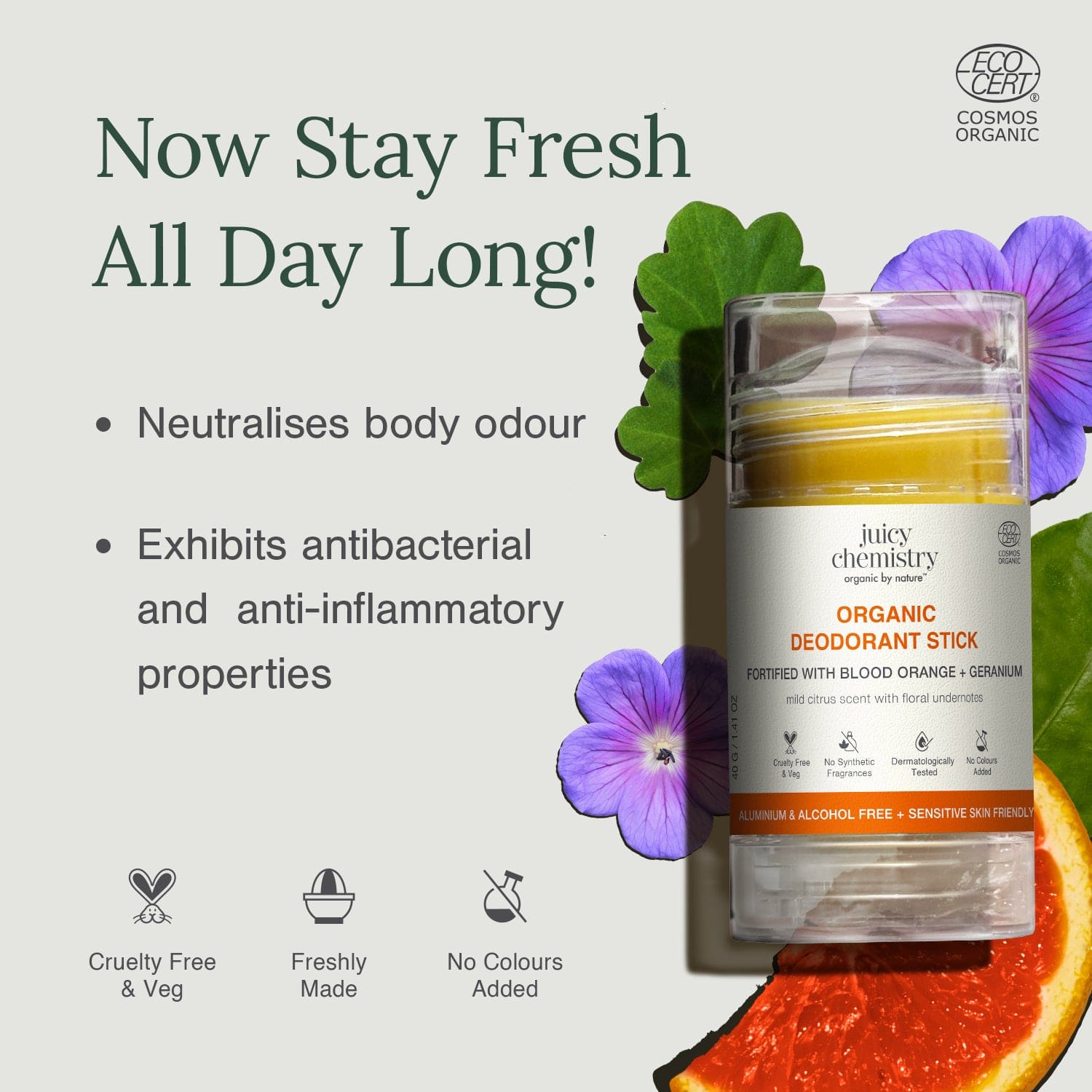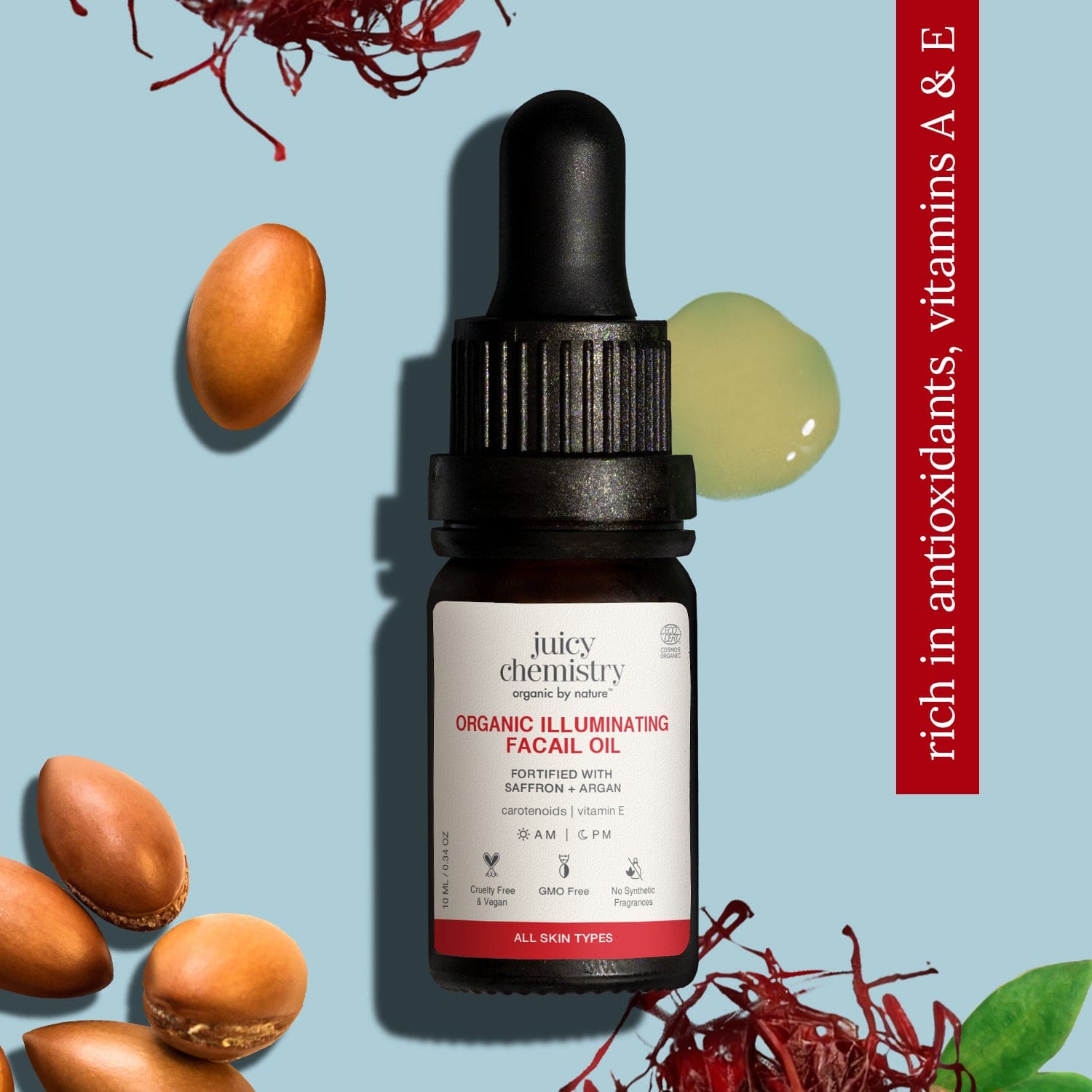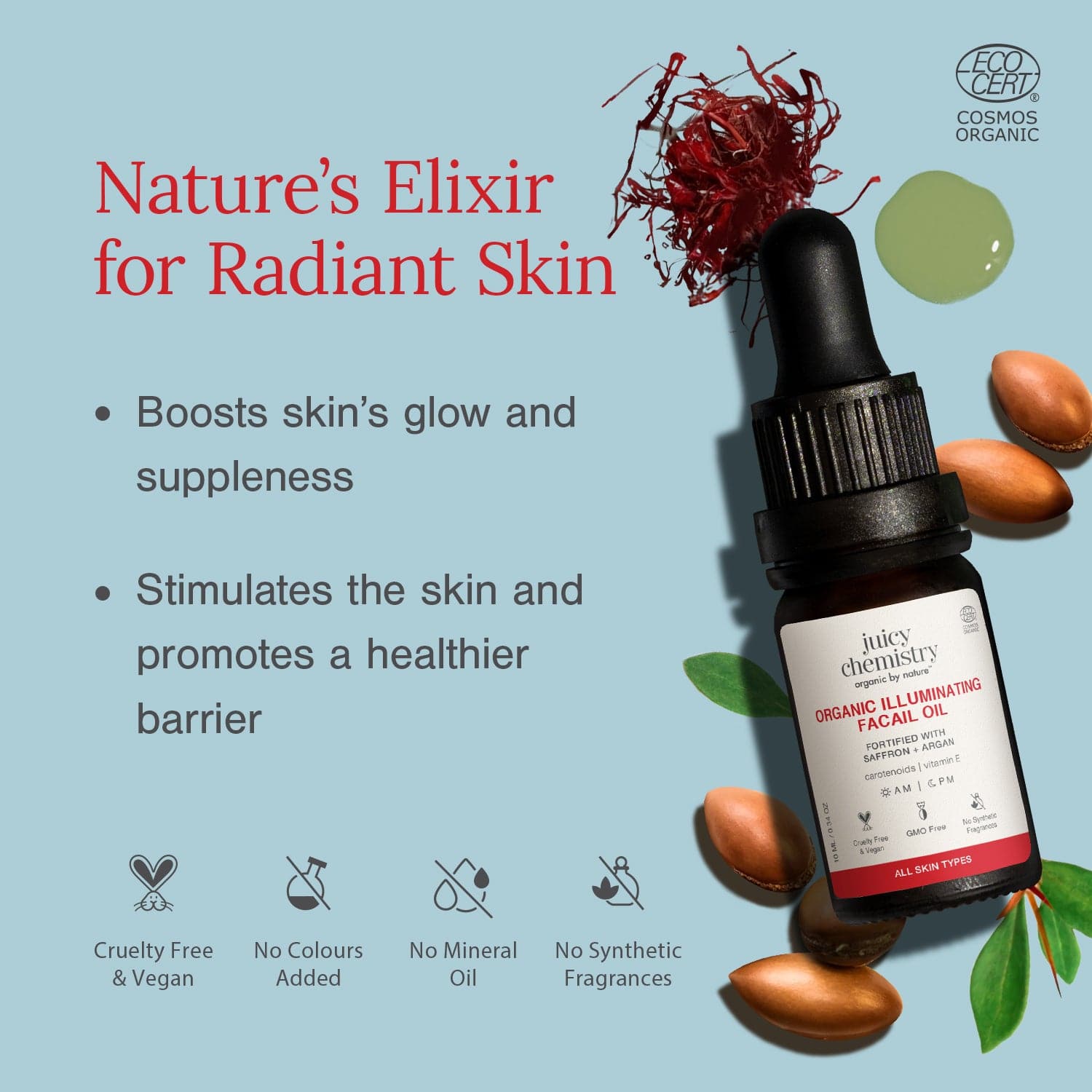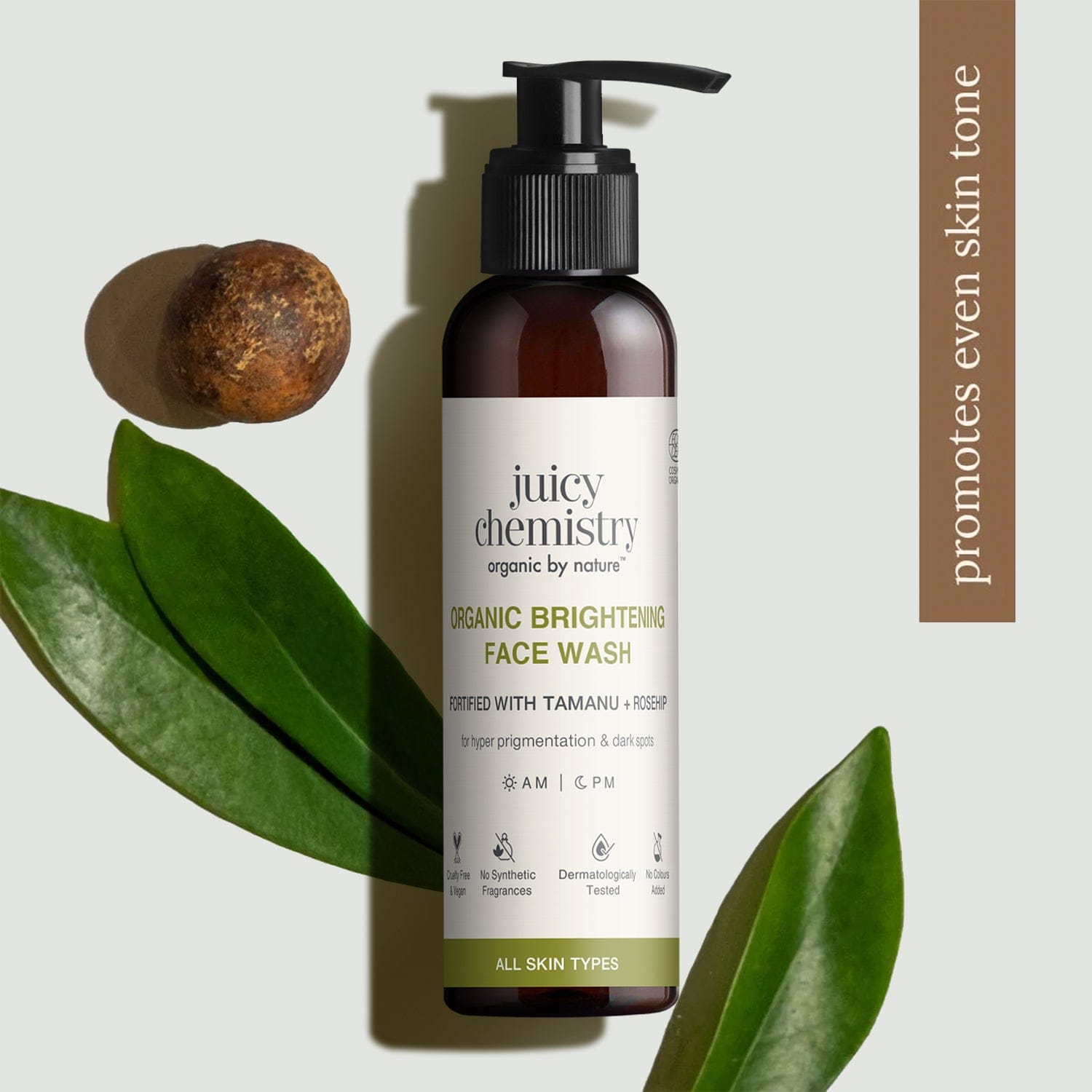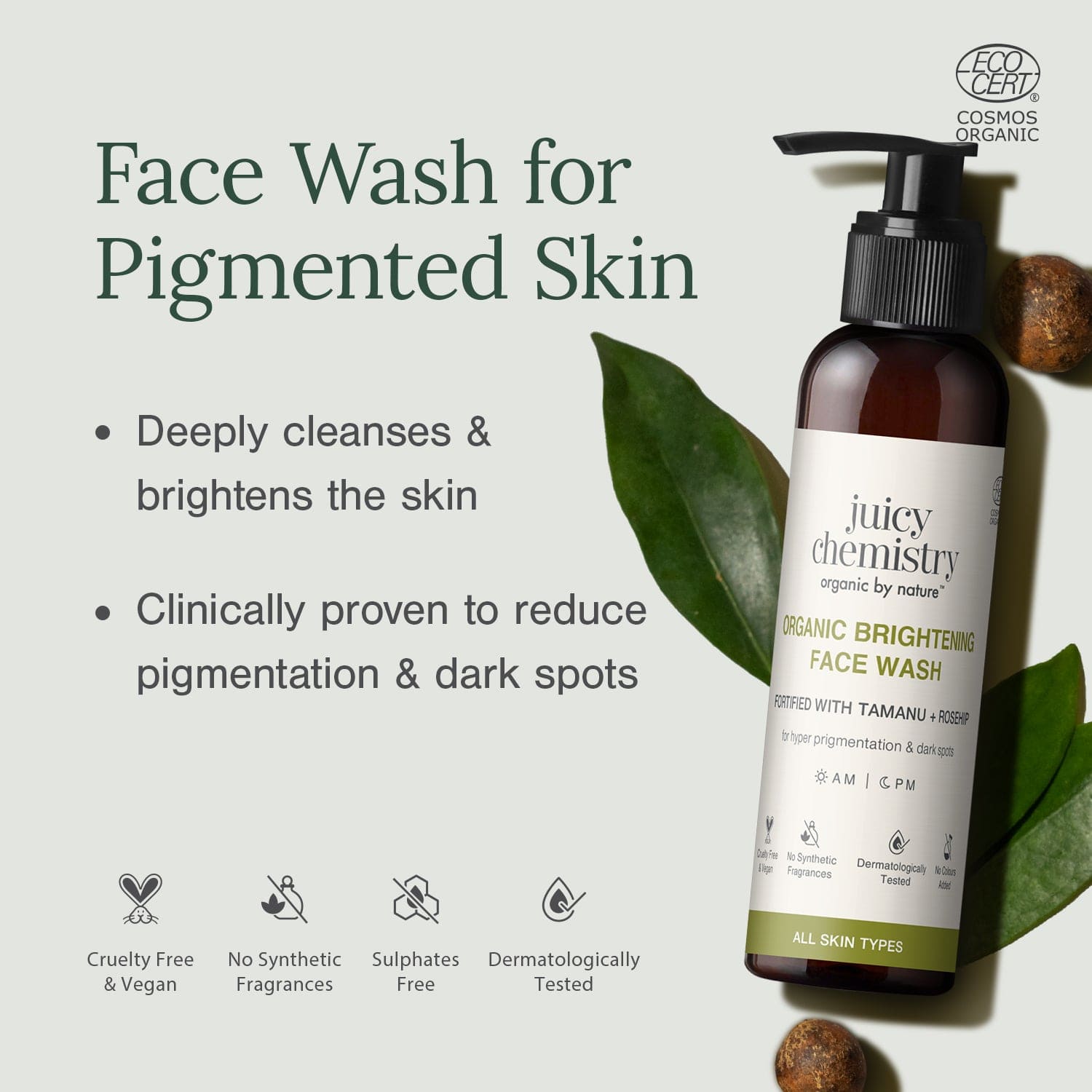Comedogenic Definition And Meaning
October 18, 2021All You Need to Understand About Comedogenic Ratings in Skincare
Will this product block my pores? If you have oily skin, this is likely the first question that arises when you’re on the hunt for skincare items. This concern is especially pertinent when the products include plant oils and butters. After all, you certainly don’t want your skincare to exacerbate the issue of clogged pores you may already be facing.
This is where comedogenic ratings become essential. Gaining insight into the comedogenicity of different ingredients found in skincare can assist you in selecting the most suitable product for your skin type.
Comedogenic Ratings in Skincare Products
The term comedogenic pertains to the probability of a cosmetic ingredient obstructing skin pores. These ingredients can be either naturally derived or synthesized in a lab.
There is a common belief that all oils and butters are comedogenic and should therefore be avoided. However, this is only partially accurate. While certain oils, such as coconut oil, are indeed comedogenic, others are not.
The comedogenic rating scale has been developed to assign a rank from 0-5 to ingredients used in skincare and haircare products based on their likelihood of clogging pores.
Here’s what each level on the comedogenic rating scale signifies:
- 0 – Unlikely to block your pores
- 1 – Low probability of blocking your pores
- 2 – Moderately low probability of blocking your pores
- 3 – Fair probability of blocking your pores
- 4 – High probability of blocking your pores
- 5 – Very likely to block pores
Advantages of Using Non-Comedogenic Products Over Comedogenic Ones
-
Appropriate for All Skin Types
Each skin type has unique requirements, which is why various skincare products are available in the market. It’s important to be cautious when selecting the right products for your skin.
However, non-comedogenic products can be advantageous for all skin types.
While they are particularly beneficial for oily skin, individuals with dry, combination, or even sensitive skin can also utilize them to maintain clear pores and minimize the risk of clogged pores. -
Helps Prevent Acne and Blackheads
Clogged pores serve as a breeding ground for the C. Acnes bacteria responsible for acne. This bacteria thrives on the oils trapped within the pores, multiplying rapidly and leading to breakouts.
Therefore, applying comedogenic oils or moisturizers to acne-prone or oily skin can worsen the situation. Thus, using non-comedogenic products is vital if you have oily and acne-prone skin. -
Regulates Sebum Production
Non-comedogenic products are formulated using oils with low comedogenic ratings. This means they can moisturize your skin without causing pore blockages. In fact, certain non-comedogenic, cold-pressed oils like hemp seed or rosehip oil can help regulate overall sebum production by balancing the fatty acid composition.
How to Steer Clear of Pore-Clogging Comedogenic Ingredients
The most effective way to avoid purchasing pore-clogging comedogenic ingredients for your skincare routine is to meticulously read the ingredients list. You can also easily research individual ingredients online to check their comedogenic ratings.
However, ingredients with a high comedogenic rating may not have a comedogenic effect on the skin when used in low concentrations within a formulation. Therefore, when shopping for products, look for the “non-comedogenic” label in the product descriptions.
Juicy Chemistry's Collection of Non-Comedogenic Carrier Oils
-
Cold Pressed Tamanu Carrier Oil:
A skin-rejuvenating oil packed with antioxidants, anti-inflammatory, and antibacterial properties that assist with acne and blemishes. -
Cold Pressed Grape Seed Carrier Oil:
A lightweight oil abundant in antioxidants that helps balance oily skin while providing moisture. -
Cold Pressed Hemp Seed Carrier Oil:
A soothing and nourishing oil ideal for oily, acne-prone skin, rich in vitamins, minerals, and antioxidants. -
Cold Pressed Rosehip Seed Carrier Oil:
An oil rich in vitamin C that aids in diminishing the appearance of scars, hyperpigmentation, and sun damage.
All JC oils are certified organic by Ecocert France in accordance with COSMOS V3 standards.
Frequently Asked Questions
-
Does high viscosity indicate that an oil is comedogenic?
No, the thickness of an oil does not correlate with its comedogenicity. For instance, castor oil has a comedogenic rating of just 1, despite its high viscosity. -
Should I use non-comedogenic ingredients if I have dry skin?
For dry skin, most oils are suitable regardless of their comedogenic rating. So feel free to use the oil that works for you. -
Why is a non-comedogenic oil causing breakouts?
Non-comedogenic oils can still be comedogenic for certain individuals. Therefore, it’s always wise to perform a patch test before use. -
Can comedogenic oils in rinse-off products block pores?
The likelihood of rinse-off products, such as cold-pressed soaps made with coconut oil, clogging pores is extremely low.

